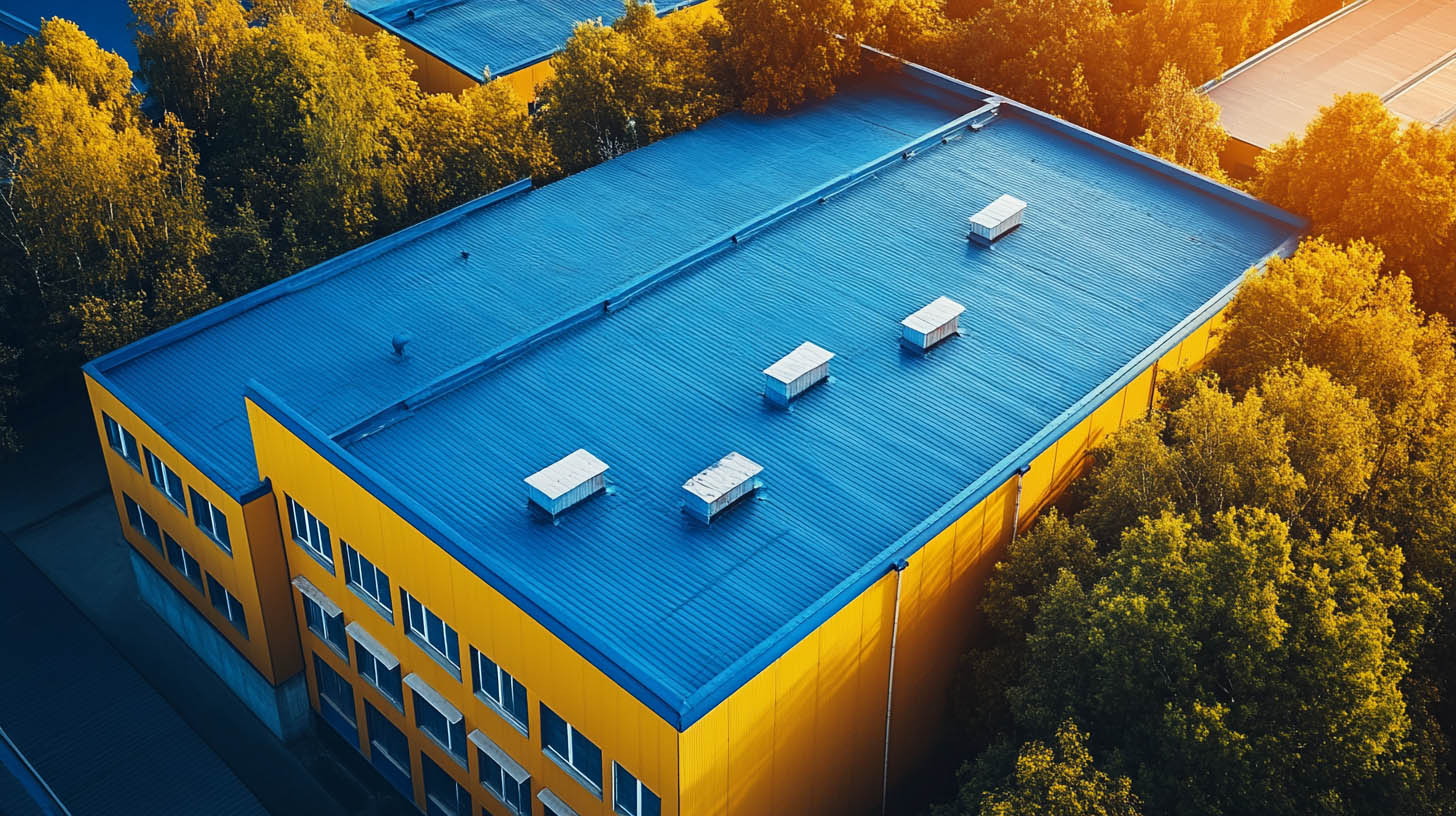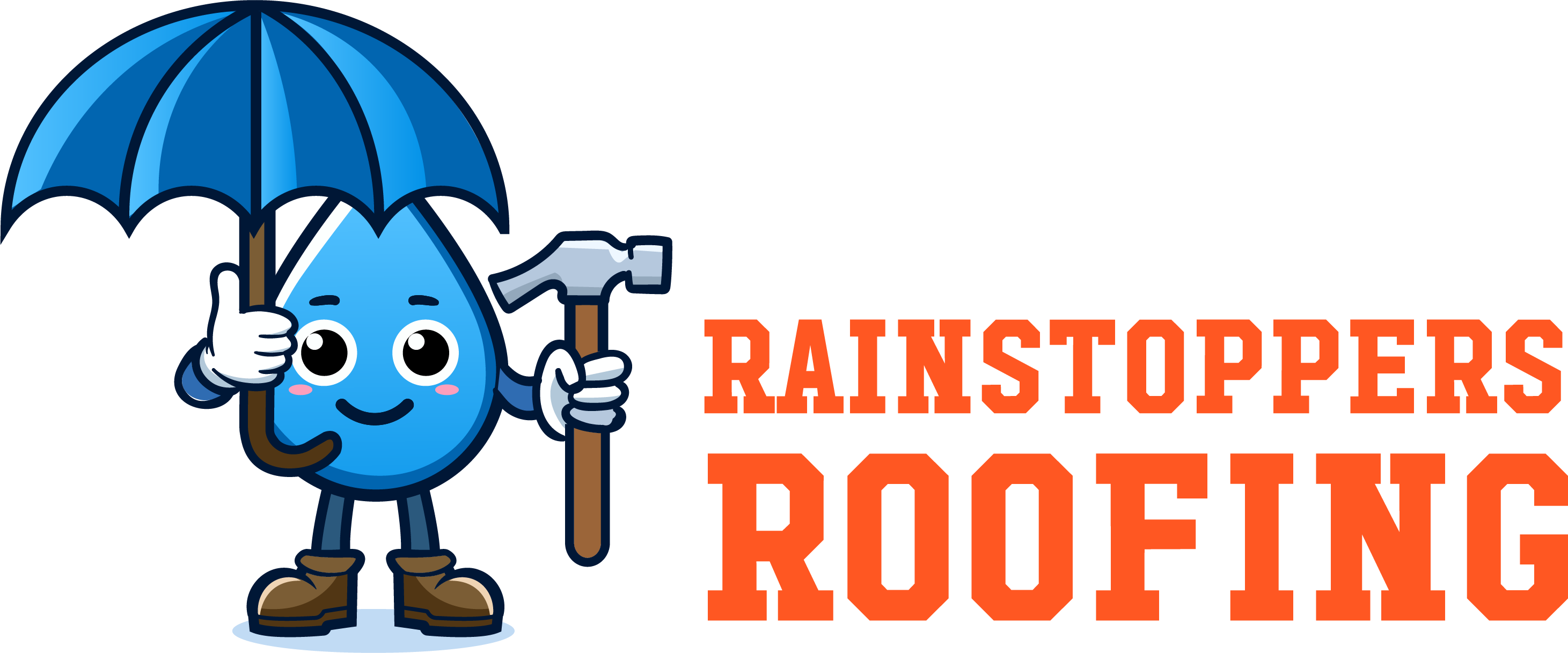
Rainstoppers Roofing in Charleston, WV specializes in high-quality commercial roofing services to help businesses prevent costly mistakes. For property owners, a well-maintained roof is crucial, not just for asset protection but also for workplace safety and energy efficiency. Here are the top mistakes to avoid when maintaining a commercial roof.
1. Neglecting Regular Roof Inspections
Routine roof inspections are essential for detecting early signs of wear and damage. Many commercial roof issues remain hidden until they become serious, leading to costly repairs. Regular inspections help catch problems before they escalate, protecting your investment and prolonging the roof’s life. Industry experts recommend biannual inspections as part of a comprehensive maintenance plan to avoid unexpected damages.
2. Ignoring Minor Signs of Damage
Small issues, such as minor leaks or damaged flashing, are often overlooked but can lead to significant structural problems if unaddressed. When minor damage is ignored, water can infiltrate the roof, degrading insulation, wood, and other materials. Postponing repairs typically increases long-term costs, and the damage may require extensive restoration. Make it a priority to repair even minor roof damage immediately.
3. Overlooking Proper Roof Ventilation
Ventilation prevents excess moisture and heat from accumulating within the roofing structure, reducing the risk of mold and decay. Poor ventilation can lead to warped decking, shingle buckling, and even structural weakening. Heat buildup also impacts energy efficiency, as it forces cooling systems to work harder, driving up energy bills. Ensuring adequate ventilation is an essential aspect of commercial roof maintenance.
4. Failing to Maintain Drainage Systems
Commercial roofs, often designed with little to no slope, rely on effective drainage systems to manage rain and snow. Poor drainage can result in ponding water, which stresses the roofing structure and promotes mold and algae growth. Routine cleaning of gutters and drains ensures proper water flow and reduces the risk of leaks. To avoid these issues, keep all drainage components clear and inspect them regularly, particularly after storms.
5. Choosing an Inexperienced Installer
Commercial roofing is more complex than residential roofing due to differences in materials and installation methods. Hiring contractors without commercial experience can result in incorrect installations that shorten the roof’s lifespan and lead to ongoing problems. Ensure that only certified and experienced contractors handle commercial roofing projects to achieve long-lasting results and avoid installation mistakes.
6. Overlooking Warranty Requirements
Most commercial roofs come with warranties that may require regular maintenance and inspections to remain valid. Ignoring these requirements can void warranties, leaving property owners responsible for repair costs. To keep your roof warranty intact, adhere to the manufacturer’s maintenance guidelines and schedule inspections accordingly.
Important Fact: Approximately 80% of commercial roof damage results from inadequate maintenance and installation errors. Proper care can significantly reduce the risk of premature failure and extend the roof’s useful life.
FAQs on Commercial Roofing Maintenance
- How often should commercial roofs be inspected?
Experts recommend biannual inspections—once in spring and once in fall—to identify potential issues early. - Why is roof ventilation critical for commercial buildings?
Proper ventilation prevents moisture buildup and heat damage, extending the roof’s lifespan and improving energy efficiency. - What are the risks of poor drainage on flat commercial roofs?
Poor drainage leads to water pooling, which can weaken the roof structure, promote mold growth, and cause leaks. - Can minor roof issues become major problems if ignored?
Yes, small damages often escalate if left unaddressed, resulting in more extensive and costly repairs over time. - Why is it essential to follow warranty guidelines for roof maintenance?
Neglecting warranty requirements can void coverage, making owners responsible for repair costs.
Conclusion
Maintaining a commercial roof requires vigilance, from regular inspections to proper drainage and ventilation. Avoiding common mistakes like neglecting minor repairs and choosing inexperienced installers helps safeguard your investment. At Rainstoppers Roofing, we offer the expertise needed to keep commercial roofs in optimal condition, ensuring durability and efficiency for years to come.To learn more about six reasons not to ignore commercial roof leaks, click here.
